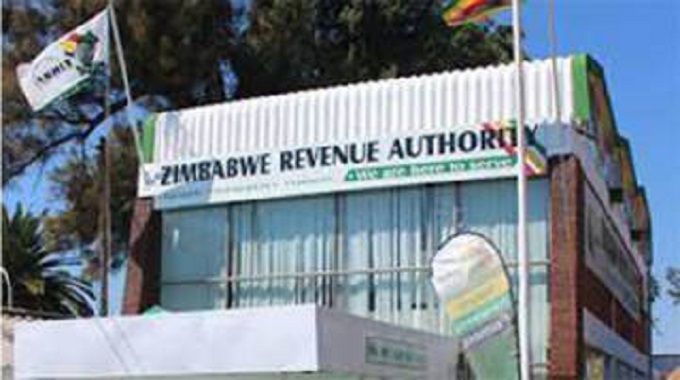Zimra to use geo location in tax collection drive

Michael Makuza, Business Reporter
THE Zimbabwe Revenue Authority (Zimra) is intensifying its tax collection drive by implementing a block management system (BMS), a mechanism that groups potential tax payers into geographical locations for easy management and tax collection.
The national tax collector said the BMS entails zoning of taxpayers by geographical location and that will result in officials being assigned to manage the demarcated areas.
The zones include city centres, flea markets, farms, industrial areas as well as informal traders’ and rural business locations.
By doing so, Zimra intends to build partnerships with all taxpayers who have been urged to cooperate and support its officers in the implementation of BMS.
About 70 percent of Zimbabwe’s economy is driven by the informal sector, according to researchers, hence the need to find ways of taxing the sector.

Professor Mthuli Ncube
“The Zimbabwe Revenue Authority (Zimra) hereby notifies all its valued taxpayers that it has implemented a Block Management System (BMS) with effect from 1 January 2023,” read part of the statement.
The revenue authority said its officers will engage all taxpayers through door-to-door visits checking on all compliance issues including daily sales schedules, registration for tax purposes, returns submission, payment of taxes and fiscalisation.
“BMS strives to increase efficiency to Zimra clients by bringing closer some of the services taxpayers require such as taxpayer education, online returns filing, registration, audits and queries handling.”
Presenting the 2023 National Budget, Finance and Economic Development Minister, Professor Mthuli Ncube took a tough stance against tax defaulters as he sought to close all leaks and enhance revenue collection efforts.
The minister said businesses and companies have abused tax relief measures and incentives offered for their benefit.
On the deferment of value added tax (VAT), he said whereas the VAT deferment facility was put in place to mitigate the cash flow impact on business, the benevolence has, however, been abused by most of the beneficiaries through non-payment after the due date.
As a result, he proposed to review the minimum threshold for the deferment facility from the current US$500 000 to US$1 million, with effect from January 1, 2023, in order to mitigate revenue loss to the fiscus.
Meanwhile, the implementation of BMS comes at a time Zimra has directed businesses to configure their fiscal devices to capture the new value-added tax, which was adjusted from 14.5 percent to 15 percent.
The VAT increase forms part of new economic measures outlined in the 2023 national budget that came into effect on 1 January 2023.
Zimra said therefore VAT registered operators are required to approach their respective approved suppliers for effecting this change and ensuring that their fiscal devices are correctly configured to record the new VAT rate of 15 percent.
In line with the tax adjustments, the Zimbabwe National Chamber of Commerce Matabeleland Chapter chairperson, Mr Mackenzie Dongo said complying with the new tax is the correct procedure for businesses to do and urged all business people to comply.
Tax payment is the most sustainable source of funding for public services and the Government can only meet its mandate of providing services to citizens if individuals and businesses meet their obligation of paying taxes.








Comments